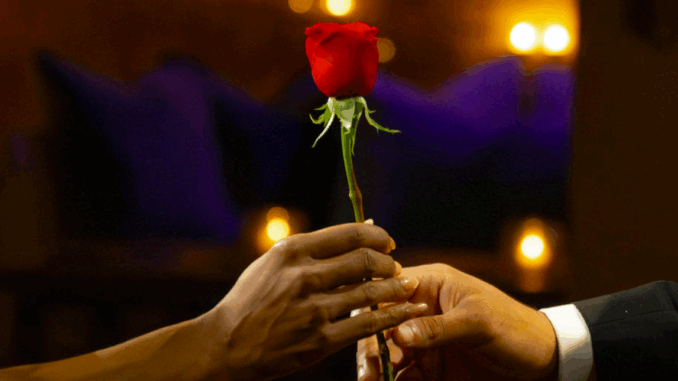
When The Golden Bachelor premiered on ABC in the fall of 2023, it was more than just another spin-off in the Bachelor franchise — it was a cultural reset. Starring 72-year-old widower Gerry Turner, the show flipped the typical narrative of reality romance by focusing on a demographic that American television has historically overlooked: older adults looking for love.
But The Golden Bachelor was never just about dating. It became a national conversation starter about aging, vitality, grief, resilience, and how the human heart continues to long for connection, no matter how many candles are on the birthday cake.
Smashing Stereotypes, One Rose at a Time
For decades, mainstream entertainment has portrayed older people as static, passive, and uninterested in romance. The Golden Bachelor obliterated those assumptions.
Contestants in their 60s and 70s danced, flirted, cried, and openly spoke about previous marriages, losing spouses, and the challenges of starting over. These weren’t caricatures or comic reliefs — they were full-fledged romantic leads.
Faith Martin, a fan favorite and finalist, described the experience as “liberating” in an interview with Entertainment Weekly:
“We were being seen not just as grandmothers or retirees, but as vibrant women with stories, desire, and so much still to give.”
The simple act of seeing people of a certain age be desired — and desire in return — was radical.
From Grief to Grace: Redefining Second Chances
Grief was a recurring theme in The Golden Bachelor, handled with an honesty that reality television rarely offers. Gerry’s story — about losing his beloved wife Toni after 43 years of marriage — resonated deeply with viewers who have also suffered devastating losses.
Rather than brushing past it, the show leaned in. Contestants like Ellen Goltzer and Joan Vassos spoke candidly about being widowed or divorced, and about how difficult it was to imagine starting over. But they came anyway.
That’s where the magic happened — not in the dates or the fantasy suites, but in the shared understanding: that love after loss is possible, and worthy of celebration.
The Impact Beyond the Screen
What set The Golden Bachelor apart wasn’t just the ratings — though the show consistently drew more than 4 million viewers weekly — but the way it sparked broader discussions about aging and relationships.
Senior dating apps saw an uptick in downloads. Articles flooded mainstream media about sex, intimacy, and connection in later life. Even daytime talk shows and podcasts featured older voices talking openly about what it means to want — and deserve — love after 60.
Dr. Maria Levinson, a gerontologist, noted in The New York Times:
“This is a generation that refuses to be invisible. The Golden Bachelor didn’t just entertain; it gave dignity and voice to the emotional lives of older adults.”
Why the Show Resonated Across All Ages
Surprisingly, a large portion of the show’s audience skewed younger — Millennials and Gen Z included. Why? Perhaps because the show offered something many dating shows don’t: authenticity.
Unlike the 20-something influencers of traditional Bachelor seasons, The Golden Bachelor contestants had lived full lives. They knew heartbreak. They had careers, raised children, survived illness, buried partners. Watching them open up again to love was, in many ways, more gripping than anything Bachelor in Paradise could stage.
As one 28-year-old fan tweeted, “The Golden Bachelor taught me more about love, loss, and emotional maturity in one episode than five seasons of regular Bachelor combined.”
A Blueprint for More Inclusive Romance TV

The success of The Golden Bachelor opened a door that can no longer be closed. ABC has already confirmed a Golden Bachelorette is on the way, and casting is reportedly underway. There’s speculation that spinoffs featuring LGBTQ+ seniors or multicultural casts could be next.
What’s clear is that the demand for stories about love later in life is real. And deserved.
Even if Gerry and Theresa’s marriage didn’t last, the impact of their season did. The show proved that love isn’t confined to youth, nor should romance be. Everyone — no matter their age — wants to be seen, heard, and cherished.
Love Never Ages — And Neither Should Television
The Golden Bachelor dared to ask: What if we made space for older people in our love stories? What if we stopped pretending that intimacy fades with age? And what if, in doing so, we learned more about ourselves, too?
Television may still be catching up, but for millions of viewers, The Golden Bachelor was a reminder that it’s never too late — not for romance, not for healing, and not for a rose.